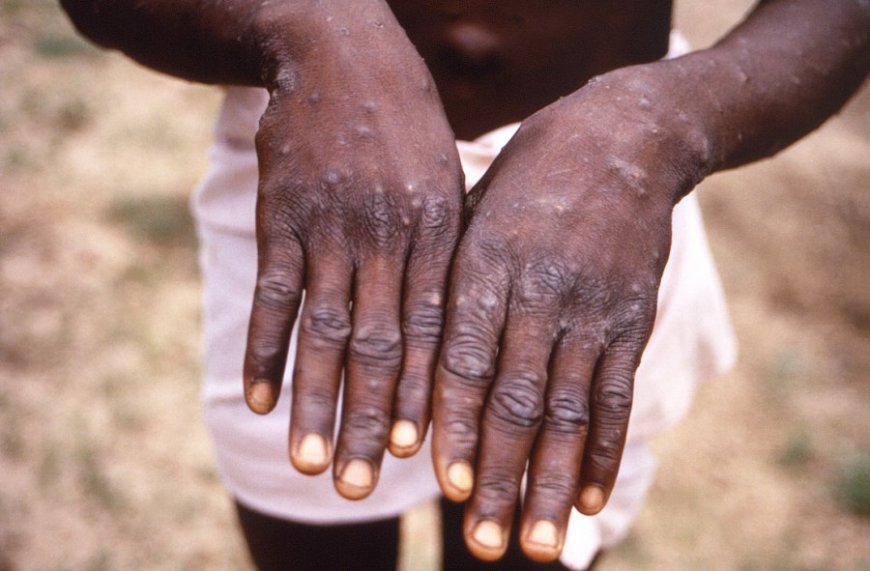CDC warns of more severe mpox strain spreading in Central Africa
The Centers for Disease Control and Prevention (CDC) has issued a health alert in response to an ongoing mpox outbreak in Central African involving a strain of the virus that causes more severe infections. The CDC said Wednesday it was issuing a health alert to provide "additional information" about the current mpox outbreak in the...

The Centers for Disease Control and Prevention (CDC) has issued a health alert in response to an ongoing mpox outbreak in Central African involving a strain of the virus that causes more severe infections.
The CDC said Wednesday it was issuing a health alert to provide "additional information" about the current mpox outbreak in the Democratic Republic of the Congo.
"The current outbreak is more widespread than any previous DRC outbreak and has resulted in clade I mpox transmission to some neighboring countries. The Republic of the Congo (ROC), which borders DRC to the west, declared a clade I mpox outbreak in April 2024, and there have been confirmed cases in the Central African Republic (CAR)," the agency said.
There are two primary strains, or clades, of the mpox virus. Clade I is endemic to Central African countries such as the Democratic Republic of the Congo. The 2022 global outbreak that impacted countries where mpox is not endemic occurred due to infections of clade II mpox, which is not as severe or lethal as clade I.
According to the CDC, no cases of clade I mpox have been reported outside of eastern and central African countries. The health alert advised clinicians to "maintain a heightened index of suspicion for mpox" in patients who have recently travelled to the Democratic Republic of the Congo or its neighboring countries and are presenting symptoms of mpox.
These include flu-like symptoms such as fever, headache, swollen lymph nodes and the characteristic rash.
World Health Organization Director-General Tedros Adhanom Ghebreyesus said Wednesday he plans to convene an expert group to determine whether the outbreak in Africa can be declared a global emergency.
Sylvie Jonckheere, an emerging infectious diseases adviser for Doctors Without Borders who is based in the Democratic Republic of the Congo, told The Hill last month the strain spreading through the country does not appear to be more lethal though it does seem to spread more easily from human to human, a characteristic usually seen in clade II infections. Clade I infections typically spread from animal-to-human.
What's Your Reaction?





















































